Dynamics, Not Dominance: Why the 'Alpha' Approach Fails Our Horses
Why We Reject Dominance Theory
At Horse Husband Stables, everything we do is built on our Foal to Forever philosophy: the belief that how we interact with a horse on day one — and every single day after — shapes who they become for the rest of their lives. Our foals are born here, raised in herds, and grow up learning to communicate with both horses and humans. That means from the very beginning, they learn trust, respect, and partnership — not fear or domination.
We intentionally raise foals in groups whenever possible, because horses learn best from each other and from experienced mares. Social hierarchy, boundaries, and communication are all part of herd life, and we honor that. Our role as humans is not to become the “boss mare,” but to step into the herd picture as trusted companions and guides.
The Problem with Dominance Theory
For decades, traditional training has promoted dominance theory — the idea that we must be the “alpha” or the “boss” in every interaction. But this theory has been widely disproven by modern ethology — the scientific study of animal behavior in natural conditions.
Research on free-living horse herds shows that leadership is shared and situational: one horse may initiate grazing, another may lead flight, while mares with foals often defend resources or space. True aggression is rare because it risks injury and wastes energy. Yet in domestic contexts, normal behaviors like resource guarding or avoiding pain are often mislabeled as “disrespect,” leading to confrontation and punishment. This doesn’t solve problems — it creates more stress, more fear, and sometimes more danger.
What the Science Tells Us
No fixed alpha: Horses don’t live under a permanent dictator. Roles shift depending on context.
Maternal defense is natural: Mares with foals often defend space around their young and food. That’s instinct, not rebellion.
Aggression is costly: Feral horses avoid unnecessary fights; they are peace-seekers at heart.
Behavior is feedback: What people call “dominance” is often fear, confusion, pain, or resource guarding.
A 2017 study in Equine Veterinary Journal concluded:
“Knowledge of horses' natural behavior and learning capacities are more reliable in explaining training outcomes than anthropomorphic explanations and the application of dominance and leadership concepts that can jeopardize horse welfare and human safety.”
Read more here.
“At Horse Husband Stables, every foal in our Foal to Forever program is raised with these principles from birth. Our sponsors follow their journey from foaling through their entire lives — built on trust, not dominance.”
Dynamics, Not Dominance
One of the most common pieces of advice in traditional training is to “never let a horse move you” — to stand your ground in every situation as proof that you’re in charge. At first glance, it sounds like leadership. But when you look at how horses actually live, that’s not what real leadership looks like.
In natural herds, even the most experienced mares will yield space when the situation calls for it. They may move aside to avoid conflict, conserve energy, or make room for a mare protecting her foal. Leadership in horses is dynamic, not fixed — it changes with context.
That’s why we say: Dynamics, Not Dominance.
Dynamics refers both to the science of herd dynamics — how horses actually organize themselves — and the importance of being adaptable in our handling.
Dominance implies rigidity, conflict, and control for its own sake — the opposite of how horses naturally thrive.
When humans insist on always standing their ground, we introduce unnecessary conflict and ignore context. Instead of showing fairness and awareness, we risk escalating situations that never needed to become confrontations. True horsemanship is about knowing when to step forward and when to yield, just as horses do with one another.
Our Philosophy: Relationships Over Rules
At Horse Husband Stables, we measure success not in quick fixes or short-term goals, but in the trust our horses carry with them for a lifetime. From day one, foals learn that humans are safe, consistent, and fair. We give space when instincts kick in, and in return, our horses give us space when asked. That’s how we build mutual respect — the kind that lasts forever.
Our program is built on:
Individualized care: Every horse is seen and treated as an individual.
Evidence-based horsemanship: We follow research on herd dynamics and learning theory, not outdated dominance myths.
Mutual trust: We create partnerships where leadership shifts situationally, just like in natural herds.
A forever lens: Every handling choice is made with the horse’s lifetime in mind, not just today’s “goal.”
Why It Matters
Dominance theory teaches people to control and punish. Our philosophy teaches us to communicate and respect. One path creates fear; the other builds confident, thoughtful horses who know they can trust humans throughout their entire story.
That’s what Foal to Forever means to us: raising horses in a way that honors their instincts, their individuality, and their futures. Because every moment — from the first breath to forever — matters.
Become Part of Their Story
This philosophy isn't just theory — it's how we're raising every foal at Horse Husband Stables. When you sponsor a class through our Foal to Forever program, you're supporting horses raised with respect, patience, and science-based horsemanship from day one.
Join our founding sponsors and follow these horses from their first steps through racing, retirement, and beyond.
About Horse Husband Stables
We raise Thoroughbred racehorses with a lifetime commitment. Through our Foal to Forever Sponsorship Program, you can follow an entire class of horses from birth through racing, retirement, and beyond — raised with science-based, relationship-focused horsemanship.


